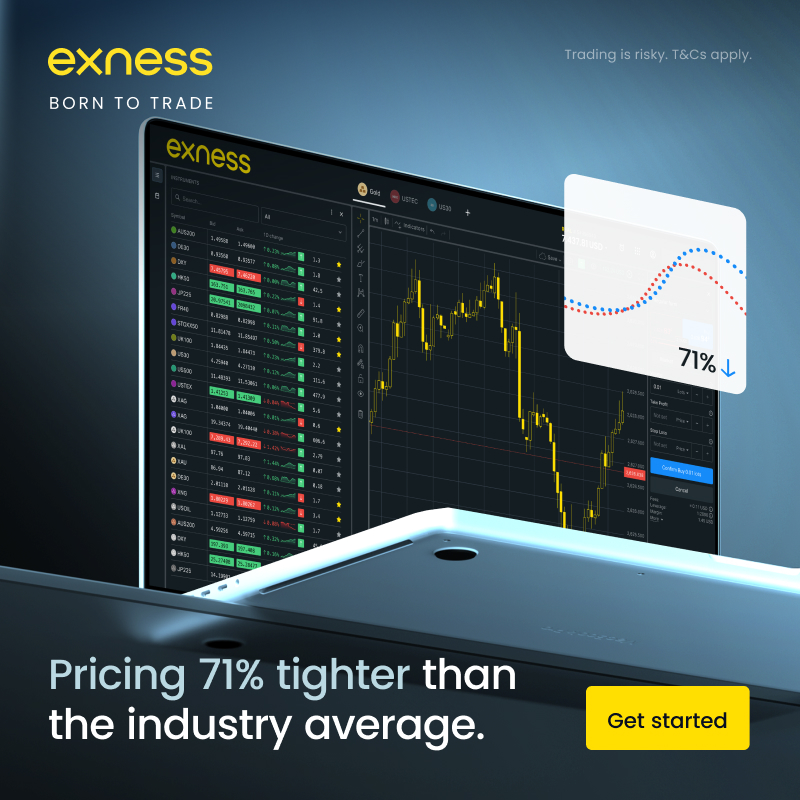
Forex trading, or foreign exchange trading, is a popular market where individuals trade different currencies. The allure of the Forex market is strong—it operates 24/7, has immense liquidity, and offers the potential for high returns.
However, it’s not a get-rich-quick scheme. Before you even think about the potential gains, you must understand the significant disadvantages and risks involved, primarily the very real possibility of losing your entire capital investment.
The Dangers You Must Understand About Forex Trading
The first and most important thing to grasp about Forex trading is that it’s an incredibly high-risk activity. The most prominent risks are:
High Leverage
Brokers offer high leverage, which lets you control large positions with a small amount of capital. For example, with 100:1 leverage, a $1,000 investment can control a $100,000 position. This amplifies profits, but it also magnifies losses exponentially. A small market movement against you can wipe out your entire account in an instant.
Volatility in Forex Market
Currency markets are notoriously volatile. Prices can fluctuate wildly and unpredictably due to geopolitical events, economic data releases, and shifts in market sentiment. These sudden price swings can cause you to lose money faster than you can react.
Complexity and a Steep Learning Curve
The Forex market has its own unique terminology and requires a deep understanding of economic indicators, technical analysis, and market dynamics. For a beginner, the learning curve is steep, and trading without sufficient knowledge is a recipe for disaster.
Scams and Fraud
The decentralized and online nature of Forex trading makes it susceptible to fraudulent schemes and unregulated brokers. It’s crucial to be vigilant and only work with reputable, regulated firms to protect your capital.
The Pillars of Success: Training, Psychology, and Risk Management
Given these risks, how do successful traders navigate this market? The answer lies in three crucial pillars: training, psychology, and risk management.
Training:
You wouldn’t perform surgery without training, so why would you trade without it? Proper training gives you the knowledge to understand market fundamentals, analyze charts, and develop a sound trading strategy. This isn’t just about reading a few articles; it’s about continuous learning and practice, often starting with a demo account to hone your skills in a risk-free environment.
Psychology:
Trading is a mental game. Emotions like fear, greed, and impatience are the biggest enemies of a trader. Fear can make you close a profitable trade too early, while greed can make you hold a losing position for too long. A successful trader develops the discipline to stick to their plan, manages their emotions, and doesn’t engage in impulsive or “revenge” trading after a loss.
Risk Management:
This is arguably the most critical component. It’s not about making money; it’s about not losing money. A good risk management plan includes setting a maximum loss per trade (often 1-2% of your account), using stop-loss orders to automatically close a trade when it hits a certain loss level, and only trading with an amount you can afford to lose.
The Role of a Broker: Spreads and Swaps
Choosing the right broker is an essential step in your trading journey. Beyond regulation and reliability, two factors significantly impact your profitability: spreads and swaps.
Spreads:
The spread is the difference between the bid (sell) and ask (buy) price of a currency pair. It’s the broker’s primary way of making money. A low spread means a lower transaction cost for you on every trade. For frequent traders, such as scalpers, a tight spread is paramount as it allows them to enter and exit trades with minimal cost, making it easier to be profitable.
Swaps:
A swap, or rollover fee, is an interest rate you either pay or receive for holding a position overnight. It’s based on the interest rate differential of the two currencies in the pair. A broker offering a free swap on certain or all instruments is a major benefit, as it saves you from paying these overnight commissions, especially if you plan to hold trades for more than a day.
By selecting a broker with competitive spreads and free swap options, you can significantly reduce your trading costs over time, allowing more of your profits to stay in your account.
Ready to Learn and Explore?
Forex trading isn’t for everyone, but with the right approach, it can be a rewarding endeavor. If you’re serious about this, start by educating yourself, practicing with a demo account, and building a disciplined mindset.
Ready to get started?

Risk Disclaimer: Forex trading involves significant risk of loss and is not suitable for all investors. The high degree of leverage can work against you as well as for you. Before deciding to trade, you should carefully consider your investment objectives, level of experience, and risk appetite. The possibility exists that you could sustain a loss of some or all of your initial investment and, therefore, you should not invest money that you cannot afford to lose. You should be aware of all the risks associated with Forex trading. Past performance is not indicative of future results.
Affiliate Disclosure: This blog post may contain affiliate links. If you click on a link and open an account, I may receive a commission. This compensation does not influence my recommendations or reviews. I only recommend products and services that I believe are of high quality and relevant to my audience.


